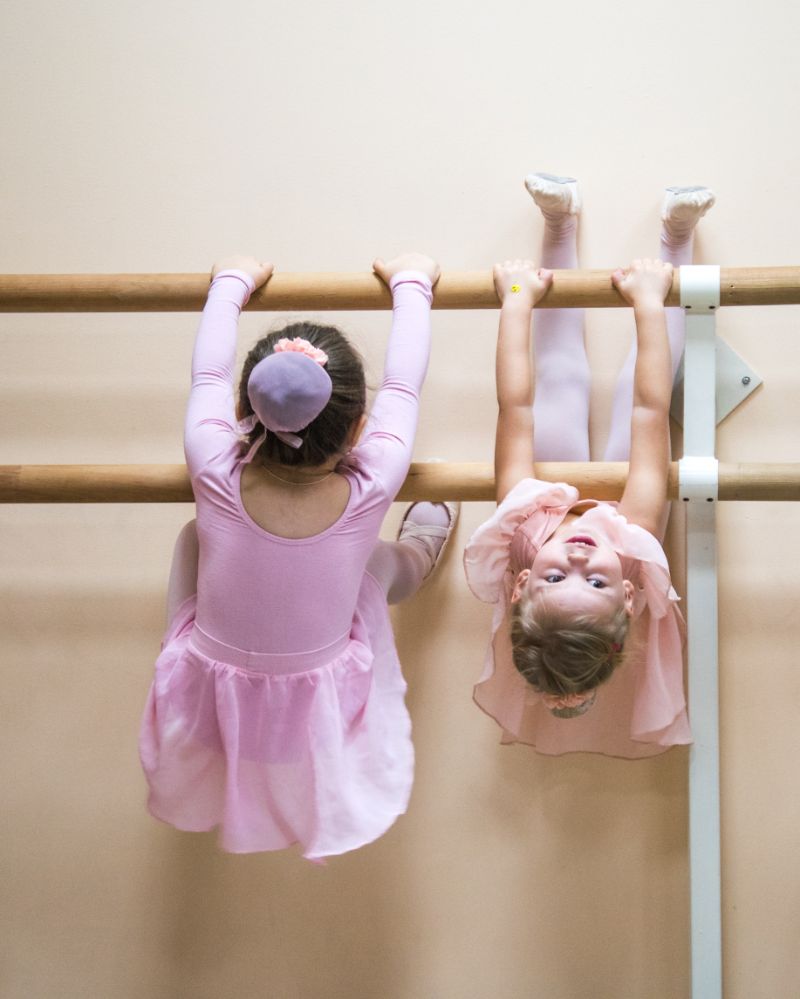Dance is not just a hobby, it's a passion that can turn into a career. There's no denying that teaching dance is an incredibly rewarding profession, but dance school owners often find themselves asking, "How much do dance teachers earn in the UK?" It's a valid question, and one that we're going to explore in-depth in this blog post.
First and foremost, it's important to recognise that dance teachers' salaries can vary greatly depending on a variety of factors, including experience, qualifications, location, and the type of dance school they teach at. With that being said, let's take a closer look at some of these factors and how they impact dance teachers' earnings.
Experience and qualifications play a significant role in determining how much a dance teacher earns. Teachers with more experience and higher qualifications tend to earn more than those who are just starting out. For example, a dance teacher with ten years of experience and a degree in dance education will likely earn more than a teacher who has only been teaching for a year and has no formal qualifications.
Additionally, the type of qualifications a dance teacher holds can impact their earnings. For instance, a teacher who holds a Level 3 Diploma in Dance Teaching or a Level 6 Diploma in Dance Pedagogy will likely earn more than a teacher who only holds a Level 2 Certificate in Dance Teaching.
Location is another important factor that can impact dance teachers' earnings. In general, teachers in larger cities or areas with a higher cost of living tend to earn more than those in more rural areas. For example, a dance teacher in London is likely to earn more than a teacher in a small town in Scotland.
The type of dance school a teacher works at can also impact their earnings. Schools that offer more advanced classes, such as ballet or modern dance, tend to pay their teachers more than those that focus on recreational dance classes. Additionally, schools that offer professional training programs or have a competitive dance team may also pay their teachers more.
So, with all these factors to consider, how much do dance teachers actually earn in the UK? According to Payscale, the average salary for a dance teacher in the UK is £21,000 per year. However, this is just an average, and salaries can range from around £14,000 to over £40,000 per year.
It's also worth noting that many dance teachers work on a freelance or part-time basis, meaning they may not receive a regular salary. Instead, they may be paid hourly or by the class, and their earnings will depend on how many classes they teach each week.
There are also other factors to consider, such as holiday pay and sick pay. Freelance teachers typically do not receive these benefits, whereas those who work for a dance school full-time may be entitled to them.
Of course, it's important to remember that dance teaching is a profession that requires a lot of hard work and dedication. Teachers must not only be skilled dancers but also excellent communicators who can effectively teach and motivate their students. They must also be able to manage their time effectively, plan lessons, and create a safe and supportive learning environment.
In addition to these responsibilities, dance teachers must constantly work to improve their skills and knowledge, whether it's through attending workshops, taking classes, or pursuing further qualifications. All of these factors contribute to the value that dance teachers bring to their students and employers, and should be considered when determining their earnings.
So, what can dance school owners do to ensure that their teachers are being paid fairly? First and foremost, they should conduct research to determine the average salaries for dance teachers in their area, taking into account factors such as experience, qualifications, and the type of dance school. They should also consider offering benefits such as holiday and sick pay, as well as opportunities for professional development and growth.
Ultimately, dance teachers play a crucial role in the success of any dance school. By offering competitive salaries and benefits, dance school owners can attract and retain talented teachers who will help to create a thriving and supportive learning environment for their students.
